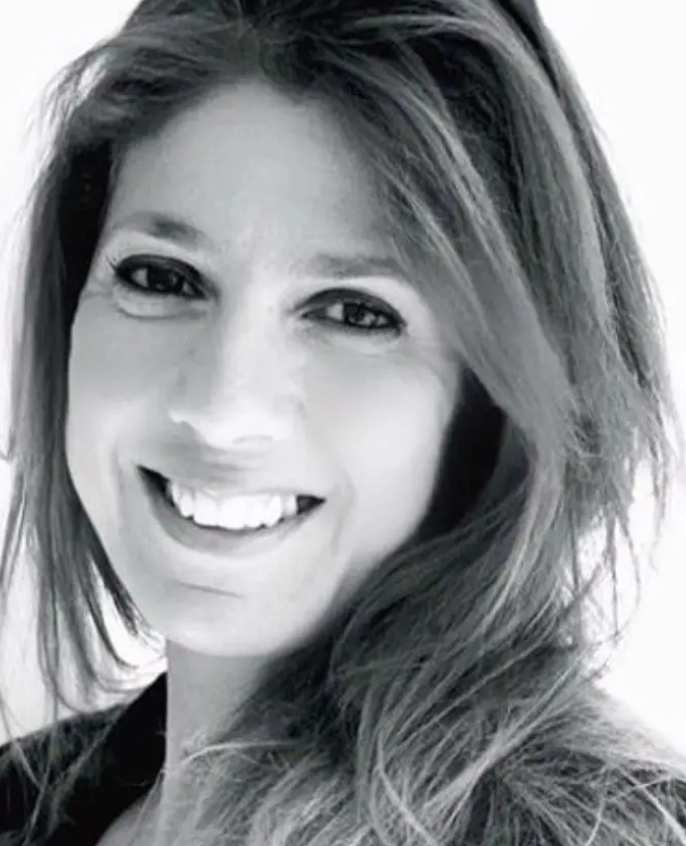Daliah Slater is a therapist in WD6, Hertfordshire
What attracted you to become a therapist?
Throughout my life, I've found that people seemed to feel naturally comfortable confiding in me and I came to learn that when I listened people felt understood. Over time this became increasingly important to me, and so I volunteered for the counselling helpline No Panic for several years. This is where I felt I found my true calling, and haven't looked back since, and subsequently progressing to become a qualified counsellor.
Where did you train?
Initially I completed a BA Hons degree in Psychology and Social Studies at the University of Bedfordshire. I completed an Advanced Diploma in Psychodynamic Counselling at The Counselling Foundation.
Can you tell us about the type of therapy you practise?
I specialise in being a psychodynamic counsellor which is a talking therapy. Empathy is paramount as well as having the ability to work intuitively, for instance, looking at how developmental influences can have an impact on a person's mindset.
I work with unconscious processes which are key to understanding current behaviours and the patterns that have been formed and how those behaviours might have affected relationships whether positive or negative. Clients have a lot of space to explore why they might be struggling and how they can negotiate tricky life events. I believe strongly that everyone has individual needs and therefore tailoring the approach is often necessary by introducing coping mechanisms such as CBT, mindfulness, and lifestyle choices to compliment the talking therapy.
How does psychodynamic counselling help with symptoms of depression?
Depression can quite often make you feel stuck, pained and helpless. A current trigger can bring hard emotions to the fore. Offering a safe space to enable you to say how you really feel can help you to feel less isolated with your feelings.
In addition, looking at family history, relationships, or a trauma can help find any initial triggers for your depression, and then, once ready, you can proceed to look at how this can cause conscious and unconscious processes. Looking out for patterns of history repeating itself, parallel processes, transference, and projection can be really informative in order to tentatively offer an appropriate intervention. Talking all of these elements through can allow you to start to negotiate your depression.
What sort of people do you usually see?
I see individuals from 18 upwards. I work with a wide range of issues from anxiety, depression and life events such as bereavement, abuse, betrayal, family or relationship issues. I also have extensive experience of working with people with different sexual orientations, social and cultural backgrounds.
What do you like about being a therapist?
I feel very privileged and humbled that people find the courage to open up and tell me their stories, their inner most thoughts and feelings. I find being a counsellor incredibly rewarding and get great satisfaction when a client has that light bulb moment and things click into place.
What is less pleasant?
At times it is difficult see a client in the thick of the work, feeling pained or stuck. I can feel quite choked up in those moments.
How long you've been with welldoing.org and what you think of us?
I have been with welldoing.org for seven months. I have received quite a few referrals which is fantastic. I take pleasure in reading the weekly digest. Ultimately, I am very happy, so thank you very much!
Do you ever suggest books or apps to clients?
I do sometimes recommend a book that I have found useful in the past if it happens to be a good match to clients presenting problem and only when the client themselves appear eager to learn more. Meditation apps can also be particularly helpful.
What you do for your own mental health?
I think balance is key, so alongside my own counselling work, I attend supervision. I love to eat healthily, meditate and do plenty of exercise. I think social interaction is important so I see friends as much as I can. I have guitar lessons which is fun and I love to travel when possible.
You are a therapist in Hertfordshire. What can you share with us about seeing clients in that area?
I really enjoy working in Hertfordshire. It is easily accessible and this brings a lot of diversity in the clients I see which makes the work rich and intriguing for me.
What's your consultation room like?
I work from two locations. The first is a typical warm inviting room and the second is in more of a clinical setting. I enjoy working in both environments and find they each have their own advantages.
What do you wish people knew about therapy?
It's a bit cliché, but if you are suffering then you should know that coming to therapy shows you are a strong, not weak person. You can go to therapy knowing that you are not going to be judged. I also wish people knew that it is a process to be worked at. People can sometimes, quite understandably, expect a quick fix and although that can sometimes be the case, often it can take time.
What did you learn about yourself in therapy?
When I first started therapy I was surprised to find how guarded I could sometimes be. After some time, I felt relieved to have the ability to let go and truly say how I felt about the parts of my life that I previously found hard to grapple with. This process truly enabled me to reflect on some strong feelings. I learned how to trust and allowed myself to feel held which then had a wonderful ripple affect with my relationships outside of counselling.

